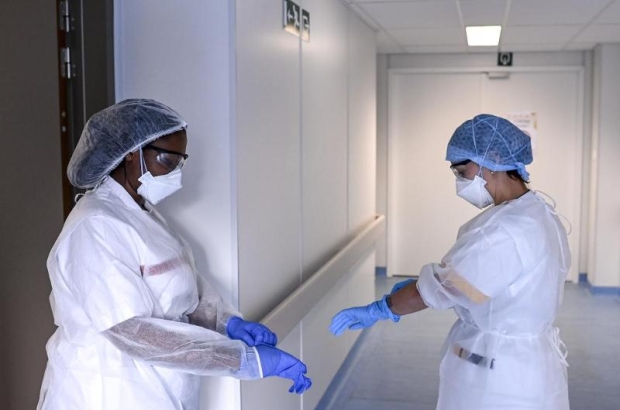- Daily & Weekly newsletters
- Buy & download The Bulletin
- Comment on our articles
Despite 30% more foreign employees in Belgian healthcare, sector lacks diversity
The number of foreign employees in Belgian healthcare has grown 30% in seven years, but the sector still lags behind others in terms of diversity.
In the Belgian labour market overall, workers with a foreign nationality account for 15%, a share that is continuing to increase.
But according to an analysis by HR services company Acerta, carried out as part of Healthcare Week, the healthcare sector still lags behind others with just 8.3% of employees originating from outside of Belgium.
“The need to be a reflection of society is alive and well at many healthcare institutions today,” Sabine Goossens of Acerta told VRT.
“If the workforce is a better reflection of the current population, it increases the recognition, accessibility and support of the organisation.”
In its analysis, Acerta encouraged companies to work on their inclusiveness through means that include offering language lessons, using pictograms and redistributing tasks to facilitate the integration of foreign workers.
In terms of why the sector lags behind others, Goossens said that “language and cultural differences play a greater role in this sector than elsewhere because the care profession is pre-eminently a profession where people are central and human contact is extremely important.”
Furthermore, most jobs in the care sector require a specific diploma and diplomas from outside the European Union need to be approved, which is often a challenging process.
The non-Belgian healthcare workers in the sector are predominantly Dutch, French, German, Polish and Romanian. Those coming from outside the EU are mainly Moroccan or Congolese.
Facing a shortage of employees, some actors in the healthcare sector have reiterated a willingness to hire foreigners, but also confirmed that language remains a principle barrier.
“The situation for nurses is especially distressing. Vacancies remain open,” said director Peter Musch of residential care centre Orelia Ter Beuken in Alsemberg, where eight of the 52 employees are of foreign origin.
“That’s why we recently hired two Indian nurses. They receive language coaching every two weeks, but language is still a barrier – a big difference from our Romanian nurses, for example, who of course also have a different nationality, but because they have lived here for years they understand and speak the language well.”
Photo: © Belga/Dirk Waem



















